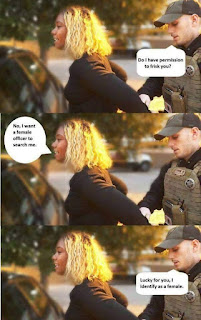Your Government, Your Rights
Social Studies lesson from Keystone National Middle School
Social Studies lesson from Keystone National Middle School
[source: Fuel Education]
Checks and Balances
Because of the way the Constitution is written, our government has a system of “checks and balances,” so that no one branch of government can become too powerful. The legislative branch is part of this system of “checks and balances.” Although Congress makes the laws, the executive branch can veto a law (unless Congress can pass it again by a 2/3 majority), and the judicial branch can declare laws unconstitutional. This puts a “check” on the powers of Congress. Congress does not have total authority. Each branch of government can “check and balance” the others.
There are both general and specific limits to the powers of Congress. For example, Congress cannot pass a law allowing a person to be held in jail without having been charged with a crime or given a hearing, nor can someone be convicted of a crime without a trial. In addition, Congress cannot make a law retroactive. In other words, if a law is passed on March 1, a person cannot be held guilty for that crime if he committed it on February 28, before the law went into effect.
Congress cannot pass any law that violates the Bill of Rights, cannot grant any titles of nobility to American citizens, cannot tax exports (imports may be taxed, however), cannot pass laws that are beneficial to only some of the states and not to others, and cannot take any money from the U.S. Treasury without a specific law that tells exactly how much money it is taking and how it will be used.
Congress meets each year, usually between the beginning of January and the end of October, with the possibility of an extension. Each session is numbered.









































No comments:
Post a Comment